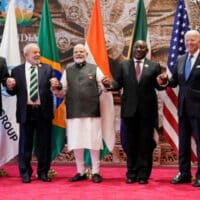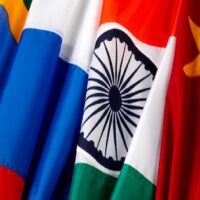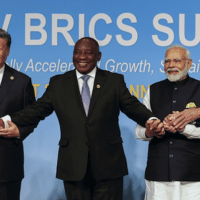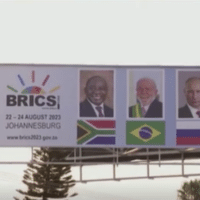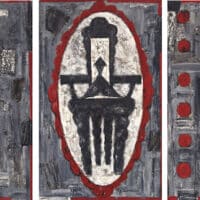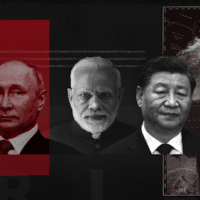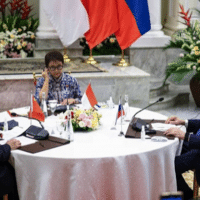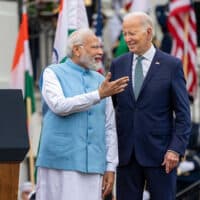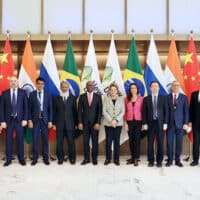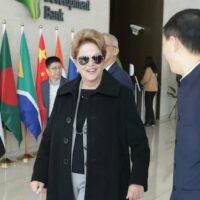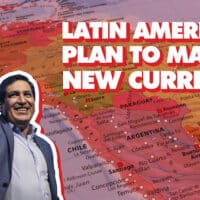-
U.S. stoops to conquer Global South with some Indian help
The impact of the G20 Summit in New Delhi on September 9-10 is to be measured by the consensus reached regarding the conflict in Ukraine.
-
Behind BRICS expansion
AT the Johannesburg summit of the BRICS countries, it was decided to expand the group beyond its original five, namely, Brazil, Russia, India, China and South Africa, to include six more countries.
-
BRICS expansion is positive–but not a coherent challenge to U.S. power
AS SIGNIFICANT as the fact of BRICS expansion are which countries are now set to join: Iran, Saudi Arabia, Egypt, the United Arab Emirates, Ethiopia and Argentina.
-
Vijay Prashad on BRICS & why Global South cooperation is key to dismantling unjust World Order
BRICS countries represent 40% of the world’s population and a quarter of the world’s economy, and the group is now considering a possible expansion to more than 20 other countries.
-
The BRICS have changed the balance of forces, but they will not by themselves change the World: The Thirty Third Newsletter (2023)
Despite the limitations of the BRICS project, it is clear that the increase in South-South trade and the development of Southern institutions (for development financing, for instance) challenges the neo-colonial system even if it does not immediately transcend it.
-
BRICS problems, BRI solutions
While the five original BRICS states have their geopolitical differences, they are finding enormous common ground on the geoeconomic front as trade volumes surge and trade routes multiply.
-
Politics of hedging in the Indo-Pacific
New Zealand’s estimation matters because it is a small country in Southern Pacific heavily dependent on trade with China for preserving its prosperity and yet one of the Five Eyes (along with the U.S., UK, Australia and Canada), the exclusive secretive security grouping of Anglo-Saxon countries.
-
U.S. woos India’s far-right PM Modi to help wage new cold war on China
The U.S. government is trying to divide the BRICS bloc and recruit India for its new cold war on China. Biden doesn’t care that far-right Prime Minister Modi is closely linked to fascistic Hindu-supremacist groups that violently oppress minorities.
-
BRICS New Development Bank de-dollarizing, adding Argentina, Saudi Arabia, Zimbabwe as members
The BRICS bloc’s New Development Bank, an alternative to the U.S.-dominated World Bank, is de-dollarizing its loans, promoting local currencies, and adding new members: Argentina, Saudi Arabia, and Zimbabwe.
-
BRICS Bank de-dollarizing, promises 30% of loans in local currencies, new chief Dilma Rousseff says
The new chief of the BRICS bloc’s New Development Bank, Brazil’s leftist ex-President Dilma Rousseff, revealed they are gradually moving away from the U.S. dollar, promising at least 30% of loans in local currencies of members.
-
Inside Latin America’s new currency plan, with Ecuador’s presidential candidate Andrés Arauz
Ecuadorian economist and former presidential candidate Andrés Arauz explains Latin America’s attempt to create a new currency and regional financial architecture, to challenge the “hegemonic, neo-colonial” U.S. dollar-dominated system..

